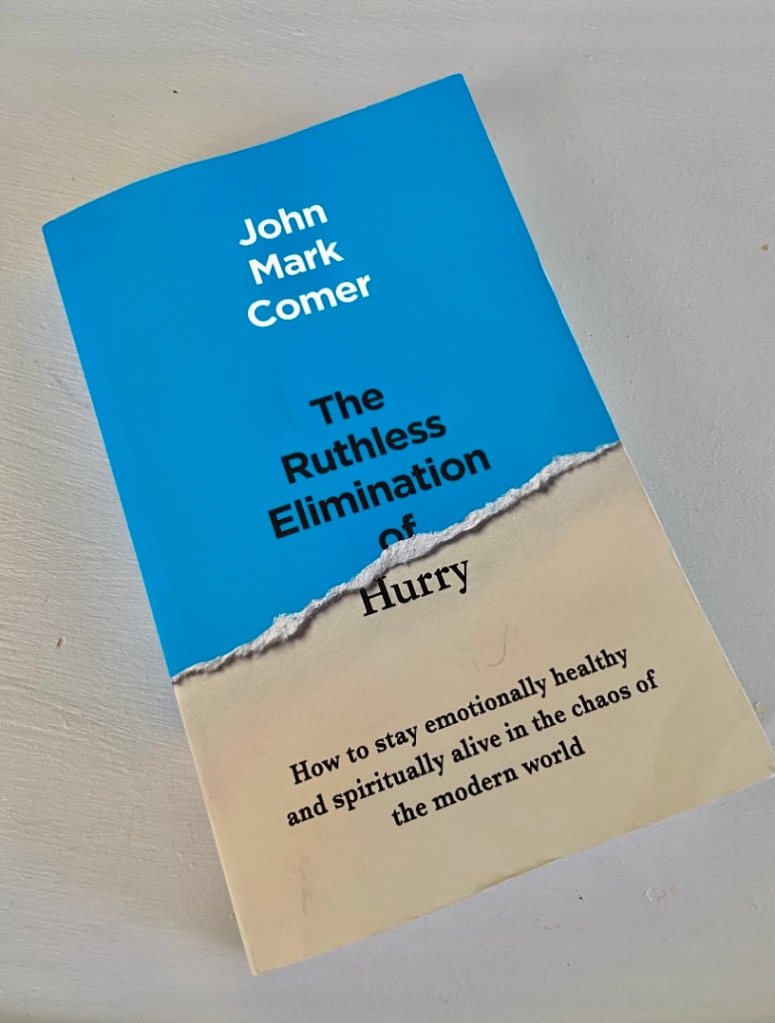This blog is a summary and response to the first chapter in Reggie Joiner’s book, A New Kind of Leader. The title really resonates with me. Through the years, I have often thought that many of the issues we face with children/youth ministry lays with that fact that we do not take passing our faith on to the next generation very seriously. The Christian denomination has relied on the “professionals” or volunteers to train our children on the way they should go. We have not understood the responsibility to be on the whole congregation.
Joiner’s quote on page 19 is spot on, “[I]f you want to affect the way a generation sees the world, then it makes sense to start influencing their character and faith when they are young.” Anyone in youth ministry will tell you it is vital to form the faith foundation of individuals before the age of eighteen.
He goes on to say on page 20 that “What you do for kids is more important than anything else you do.” I know plenty of churches that believe if they spend money hiring a Children’s or Youth Director, give them a budget, they have done enough. This is just not the case. It takes the investment of the entire congregation in the lives of the young people in your community to make positive impressions. Reggie says, “What you do now for a kid is more important than what you do for them later as an adult.” (pg. 21).
Research shows that the average age of church members increases by seven years every decade. (pg 24) In fact, in the next decade the average age of those in our mainline denominations will be over sixty. I know many churches see this and want to do something about it. The problem is, we keep thinking we have to go back to the last time we saw the numbers we wanted in children and youth ministries. Here is the catch, we can’t do ministry now like we did twenty years ago when our Sunday school classrooms were full. Times have changed, culture has changed, kids have changed. But for some reason, the church has stayed the same.
So, bottom line here is: WE NEED MORE ADULTS INVOLVED IN THE LIVES OF CHILDREN IN OUR COMMUNITIES. Youth and Children’s leaders have been saying this for years. We MUST invest in the future of our faith, and the way to do that is to invest in the lives of children. This is not just a financial investment. Children need your time, your attention and your love. They need to know that there are adults in our churches who care about them enough to get to know their names, their activities, their interests and their passions. No one ages out of this responsibility.
If you have reached the end of this blog and are a little offended or uncomfortable, then I have accomplished my goal. I admit, I live with blinders on, always focused on ministry with young people, but I do not believe I am off the mark here. In fact this book states everything youth leaders have been talking about in their own circles for a number of years. So, what are you going to do about it? What conversations to you need to have? What questions are swirling in your head? Leave a comment, make a suggestion, or simply give your own opinion. Let’s start the conversation together.
This book is discussed on Fridays at 10:00 a.m. on Zoom. Send a message for a link to be a part of the conversation with youth leaders and pastors.





